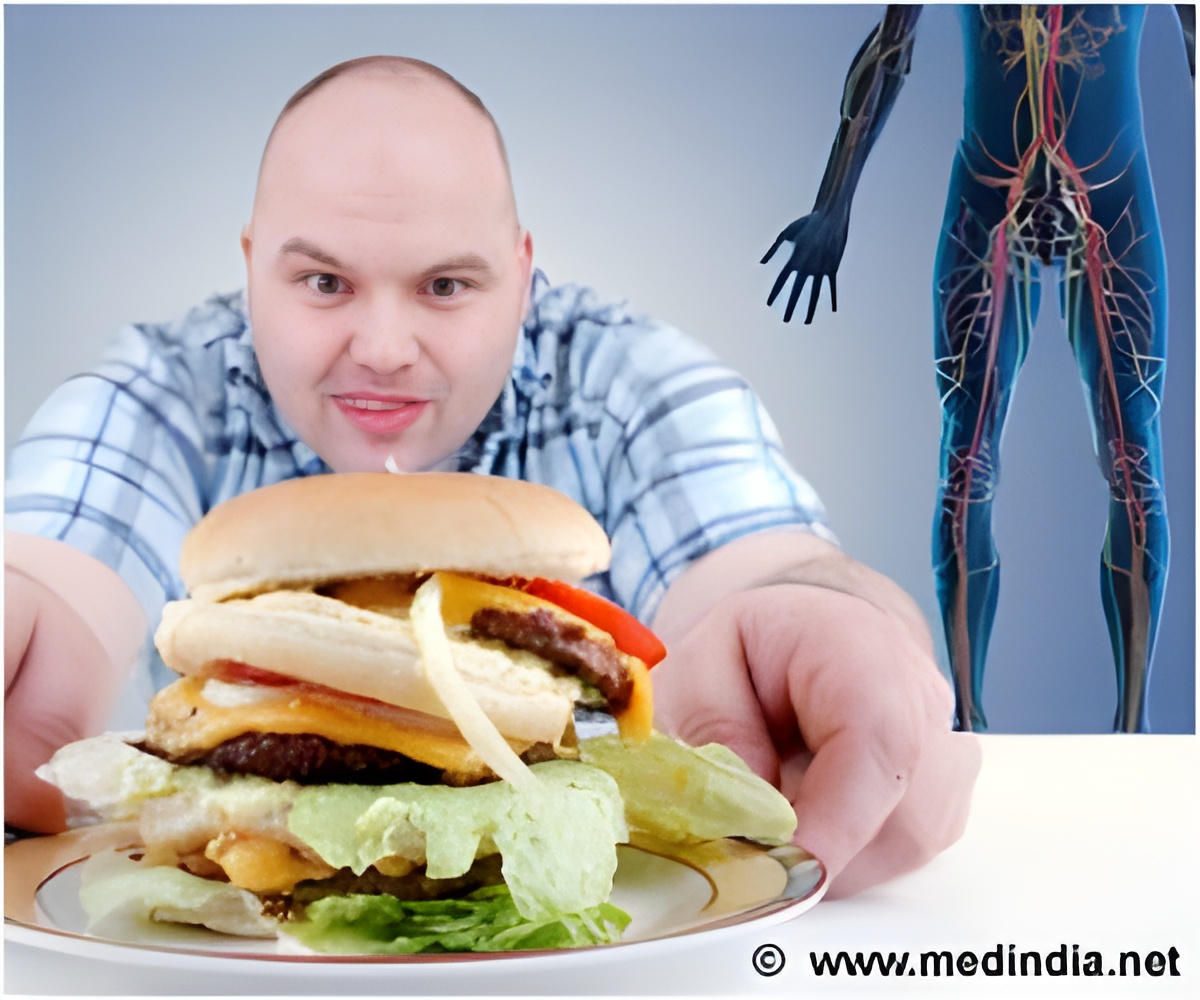US researchers have found that feeling guilty about something can heighten the pleasure of that activity.

Goldsmith recalls saying: "Gosh, why does everything just taste better when you're on a diet?"
"That got me and my advisor talking. Does stuff actually taste better when you're on a diet? Does stuff taste better when you feel guilty eating it," the Journal of Marketing Research reports.
The research comprised six experiments, in the first of which participants were split into two groups and asked to view six magazine covers, according to the Daily Mail.
Half looked at health-related magazine covers and half looked at covers which were completely unrelated.
They were all then given chocolate bars for what they were told was a "taste study".
A second experiment split around 100 undergraduate students into three groups and asked them to describe three experiences in a few sentences.
All of the students who relived their guiltiest moments reported that the chocolate truffle tasted better than the other groups.
In another experiment, women were made to feel guilty and then shown online profiles of attractive men on a dating website. The study found the women who had felt guilty prior to looking at men derived much more pleasure from the experience.
"Guilt is linked with pleasure because oftentimes, when we experience guilt, we experience pleasure," Goldsmith says.
"I think for a lot of people these cognitive associations can form just based on what we called repeated coactivation."
"When pleasure's activated, guilt is activated, and so in our brains, over time, those two become connected," concludes Goldsmith.
Source-IANS
 MEDINDIA
MEDINDIA




 Email
Email




